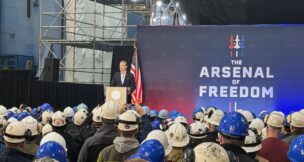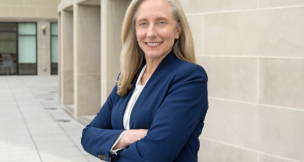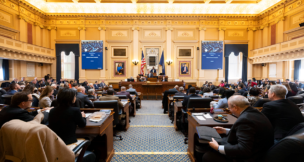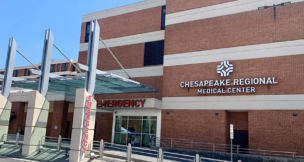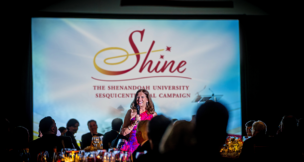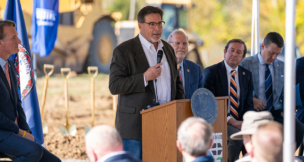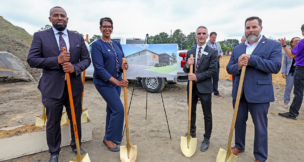Amazon HQ2 opens to high expectations
Let the tech wizardry begin: Amazon.com Inc. held the grand opening and ribbon cutting for the first phase of HQ2, the ecommerce goliath’s $2.5 billion East Coast headquarters in Arlington County, on Thursday. Dignitaries in attendance included Gov. Glenn Youngkin, Arlington County Board Chair Christian Dorsey, JBG Smith Properties Chief Development Officer Kai Reynolds, Clark […]
AWS reports it invested $51.9B in Va. from 2011-21
Amazon Web Services Inc. invested more than $51.9 billion in Virginia between 2011 and 2021, according to an economic impact statement released by the company Wednesday. That investment total includes capital and operational expenditures in Virginia, including Loudoun, Fairfax and Prince William counties, AWS said. During that same period, the company has contributed an estimated […]





